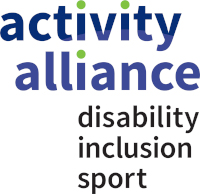Title
Exercise and memory
Research Area
Health
Author
Suwabe, K at al; Proceedings of the National Academy of Sciences
Summary of Findings
Researchers in Japan used functional MRI in young healthy adults to assess the immediate impact of of a short bout of mild exercise on the brain mechanisms that support memory processes. Participants were either asked to sit quietly on a stationary bike (but not exercise) or spent 10 minutes gently exercising on the stationary bike. They were then tested on their cognitive ability using a mnemonic discrimination task and had MRI scans of their brains. To ensure the exercise could be classed as mild, cortisol levels were monitored; the researchers noted no increase in cortisol levels after exercising.
Exercise was found to improve participants results in the cognitive ability tests linked to memory processing. The MRI scans showed that that, following exercise, there was an increased activity in hippocampal subregions and in the entorhinal and parahippocampal cortice. This led the researchers to conclude that exercise improves hippocampal memory function by increasing the functional connectivity between relevant areas of the brain.
Implications
As we look to engage people into activity and change behaviours, it's important we can demonstrate why such a change would be good their me. Being able to provide evidence of the beneficial impact of physical activity on memory is a strong argument, particularly during discussions with underrepresented groups such as older people.
.png)













